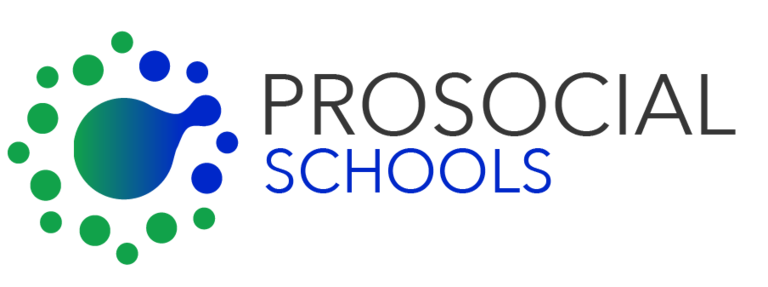Regional Workshop Models
Our labs and collaborators are focused on the development and improvement of an evolving collection of Regional Workshop Models, resources and processes for engaging local stakeholders in the big questions in school improvement.
Students and teachers, as well as teacher education and school innovation research groups, are invited to collaborate in the design and innovation of our growing collection of regional workshop resources for schools! Explore concept possibilities below, and contact us to collaborate.
Concepts and resources for regional workshops
Regional Workshop Models, outlined below, are project concepts for facilitating locally relevant workshops within broad themes. Resources for each workshop are in various states of development, those that do not yet offer linked resources below will require more development from local teams and international collaborators. We are working towards the networked improvement of these broadly interdependent themes across school innovation strategies. Join us!
Educational Design Labs
Workshop models in development for reflecting on our understanding of human evolution and behavior
Using interdisciplinary resources for understanding the biological and cultural evolution of cooperation for sustainable resource use (see the collection here).
Using a scaffolded collection of computer simulations for understanding the biological and cultural evolution of cooperation for sustainable resource use (see the model repository here).
Engaging the interdisciplinary science of evolutionary anthropology to understand the origins, diversity, and flexibility of humans. (see the German-language module here, translations in preparation)
Engaging the interdisciplinary sciences of evolutionary musicology to understand the origins and diversity of musicality across species, and the cultural evolution of music across human cultures.
Understanding the origins and diversity of the symbols that enable human culture provides a foundational and interdisciplinary view into the human condition.
Community Science Labs
Workshop models in development for engaging students in school improvement and sustainable development
How does our school support students as investigators and leaders of school improvement?
How can students and teachers work to develop and sustain a school profile that supports participatory school improvement and global research collaborations?
See more in Participatory School Profiles Regional Workshop Model
School History
What are the historical origins of our school
infrastructure, demographics, governance, curriculum,
culture, wellbeing, social and ecological relations?
School Futures
What might our school be like in the future?
What kind of school do we want to have in the future?
What goals do we want to set and work towards now?
How can schools optimize stakeholder participation in the governance and management of their own communities? (see Community Science Field Guide to School Culture)
When, what, where, how and with whom do we teach and learn?
Example Focus: Curriculum Overload
Curriculum overload is a concept to describe when the actual and percieved demands of modern schooling are not in line with what students and teachers care about (sensu OECD, 2020).
- How can schools adapt to the exponential expansion of cumulative cultural knowledge?
- How can our local school work understand, address, and/or prevent curriculum overload?
See more in Curriculum Overload Regional Workshop Model
How does our school impact the wellbeing of community members?
How does our school interact with local and global ecosystems?
How does our school interact with local and global communities?
How can schools help students adopt a valued, healthy, and ethical relationship with the full diversity of intelligent non-human agents in the world?
- Humans and Non-Human Animals: How can schools help students adopt a valued, healthy, and ethical relationship with non-human animals?
- Humans and Artificial Intelligences: How can schools help students adopt a valued, healthy, and ethical relationship with the full diversity of Artificial Intelligences in the world today, and in the future?





